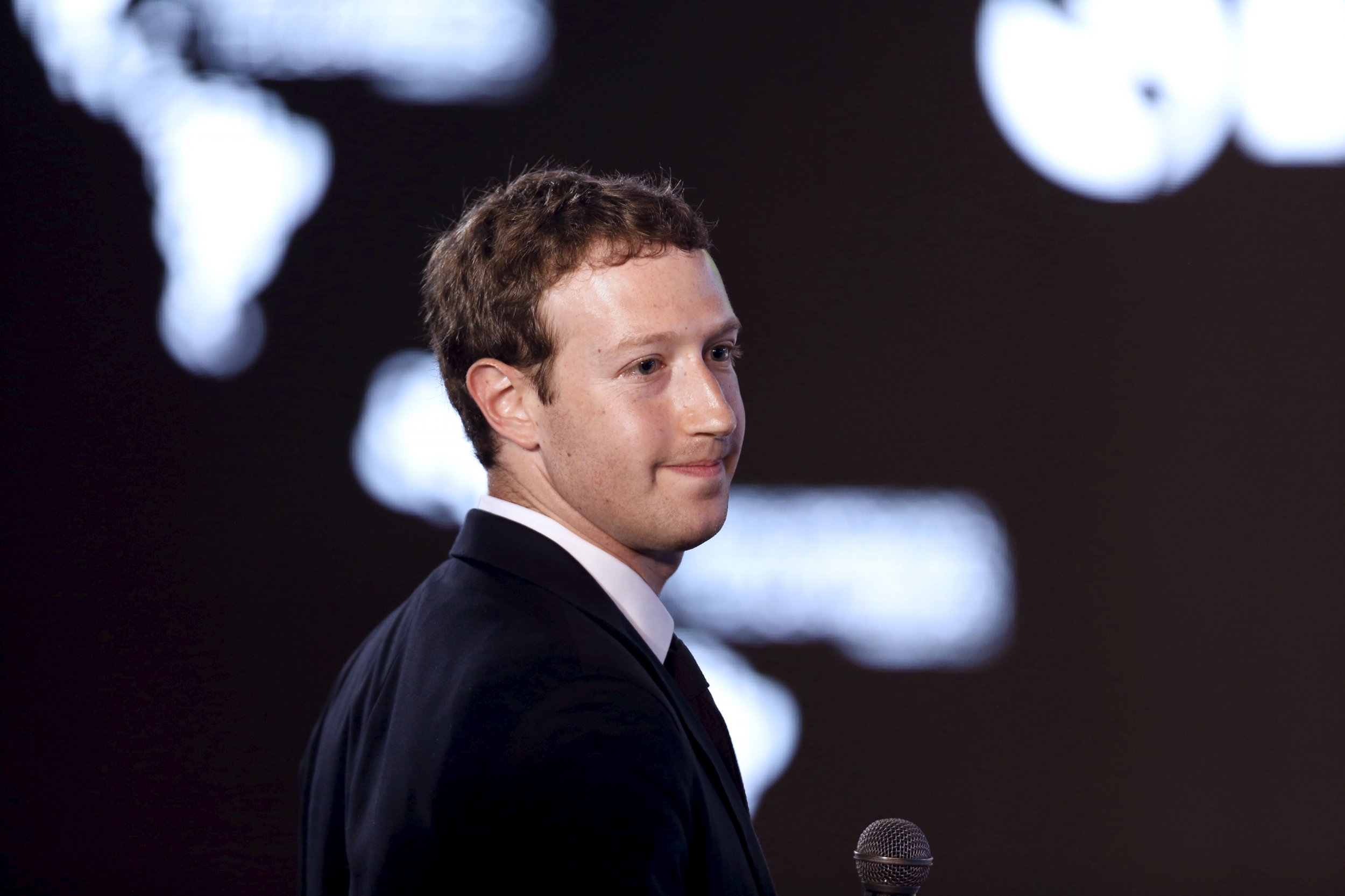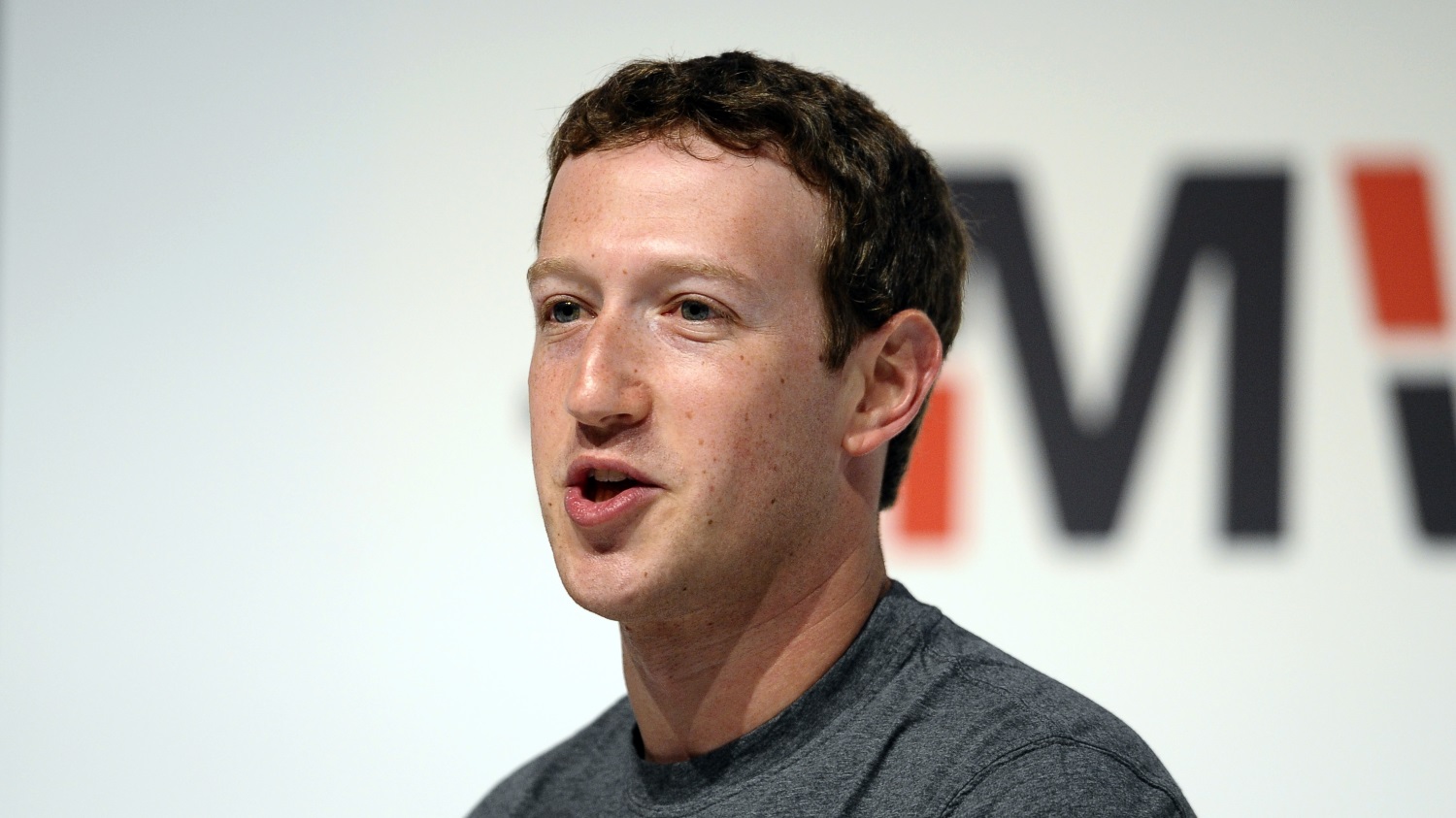

(Sanctioned, of course.) In terms of influence, Miller is ranked 145th out of 200, compared with the CEO of Taiwan Semiconductor, Chun Chin Wei, who is in 9th place.ĬEO Today doesn’t have a single Russian in its top 50. The only representative of Russia is Alexey Miller, CEO of Gazprom. If one looks at the top 200 CEOs of 2022 from CEO World Magazine, one will see a lot of influential managers from China, India, Brazil, Saudi Arabia and Taiwan. Sanctions Expose Russian Business Class: A Distant Second to Government Elite.įor more than 30 years of economic transformation in Russia, there has not been a class of top Russian business managers in the Western sense. This material may not be published, broadcast, rewritten or redistributed. (AP Photo/RIA-Novosti, Mikhail Klimentyev, Presidential Press Service) Copyright 2013 AP. At right, standing, is Russian metals magnate Oleg Deripaska. Russian President Vladimir Putin, seaeted, meets with Russian entrepreneurs while visiting a SIBUR. Those sanctions were meant to hurt the billionaire founders, who were supposed to lobby on behalf of Washington and Brussels – if the world was run by Unicorns and pixies. The hired executives running their companies' operations on their behalf had no influence. It’s not common in Russia to employ armies of lobbyists working on your behalf, and if they do, those lobbyists focus on commercial interests and stay out of foreign policy.Īny influence they had with Putin has waned considerably as sanctions made them even weaker in the eyes of The Kremlin. Oligarchs like Potanin, Tinkov and dozens of other uber-rich Russian executives were influential only to a certain degree. The siloviki rule the roost in Russia that’s the unofficial term for the hardliners in positions of power in the intelligence services, military and defense, primarily, opposed to liberals like Elvira Nabiullina in the Central Bank and even Herman Gref, the CEO of state-owned Sberbank. The real powers behind the throne were centered in The Kremlin, not inside Moscow board rooms.

Then came in – the bankers, the consultants, the hedge funds, the offshoring manufacturers – and bought Russian assets.ĭistrust ensued quickly. Many of those assets were in dire straits when privatized, but the new owners managed to turn them into efficient cash machines, many of which went public on stock exchanges in Europe. The destruction of the old system had them buying up state assets on the cheap, with cheap rubles, a currency no one really knew the worth of anymore. Russia’s private sector bred hundreds of multi-millionaires who would later become multi-billionaires post-Soviet Union. KMR Images Russian CEOs: Rich Technocrats With No Political Power Wreckage from the war is in the background. All sanctioned by the West because of the Russia Ukraine war. The idea behind sanctioning the head of Russia’s business class was that by instilling a punishing financial blow to these founders and their chief executives, who like to spend time in Europe and the U.S., have their summer homes in Europe and have investment portfolios managed by American and European money managers, it would get them to join Team West.įrom top left to bottom right: Ozon CEO Alexander Shulgin, Yandex founder Arkady Volozh, Oleg Tinkov. His views hold no sway in United Russia, let alone in Putin’s inner circle. He criticized the war with Ukraine, saying he saw “no benefit from this crazy war.” While Potanin criticized the sanctions battle between Russia and the West in March last year, warning it would take Russia’s economy back to the early 1900s, he has not come out as an influencer who could persuade The Kremlin on Ukraine.īefore blacklisting Russia’s internet billionaire Arkady Volozh, founder of Yandex, the European Union sanctioned the company’s CEO, Tigran Khudaverdyan, who had to immediately step down.Īnother Forbes billionaire, Oleg Tinkov, was also sanctioned.

Potanin is the second-wealthiest Russian, thanks to his roughly 33% stake in Norilsk Nickel, one of Russia’s 10 largest public companies. They all had to quit.Īfter escaping the first round of sanctions, Forbes-listed billionaire Vladimir Potanin was finally sanctioned by the Treasury Department in December. Over 400 Russian executives were sanctioned beginning in March 2022, including CEOs of private companies that used to be international investors darlings, such as Vladimir Rashevsky of EuroChem, Alexander Shulgin of Ozon and Dmitry Konov of Sibur and many more.

( Photo by Mikhail Svetlov/Getty Images) Getty Images Treasury Department in December 2022 as part of the Ukraine war sanctions. Russian billionaire and Nornikel's president and chairman, Vladimir Potanin, was sanctioned by the.


 0 kommentar(er)
0 kommentar(er)
